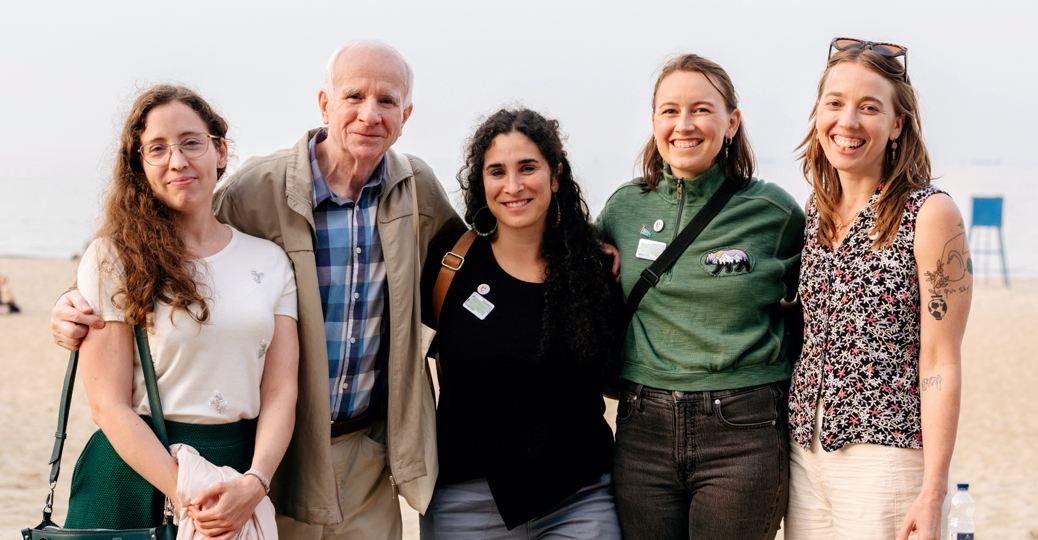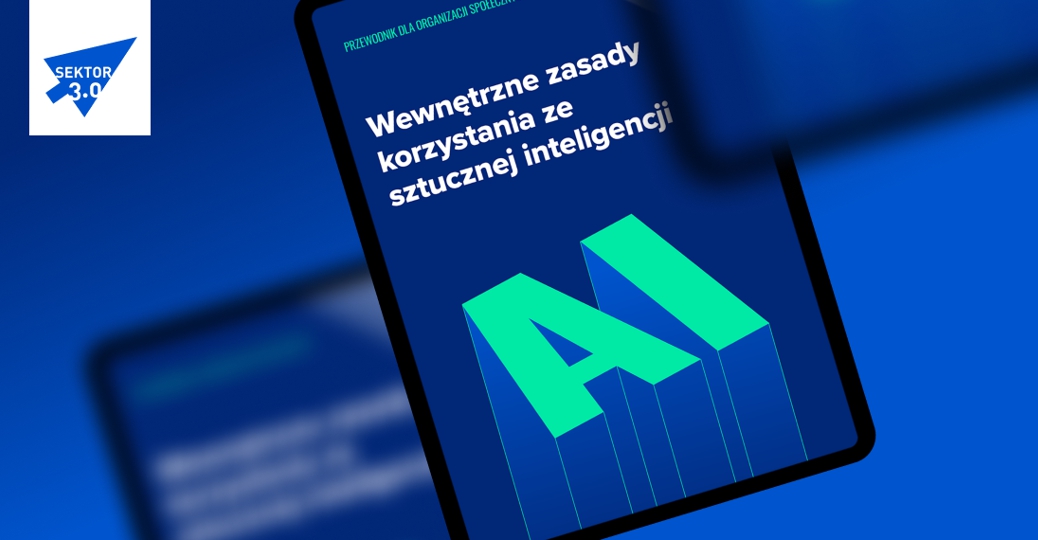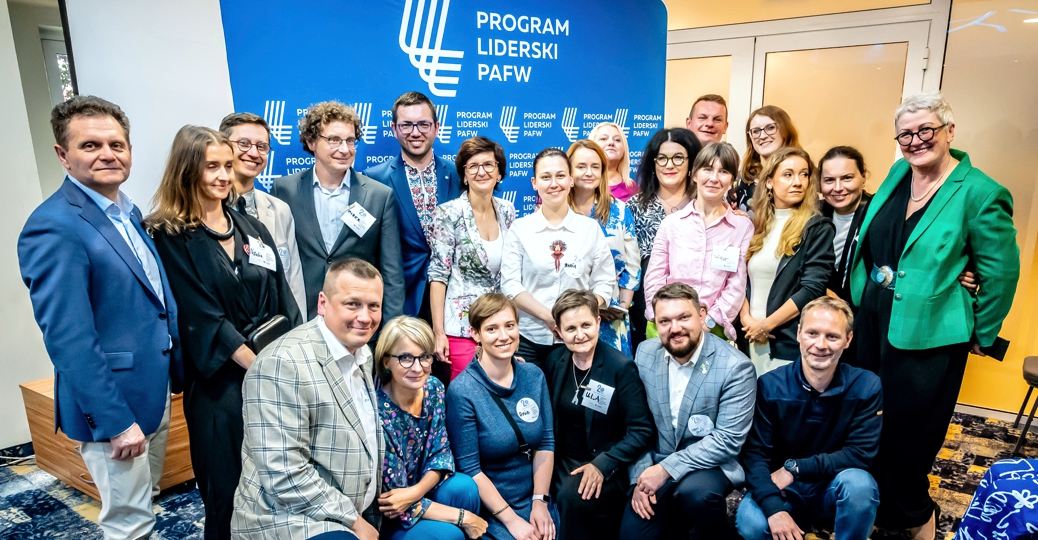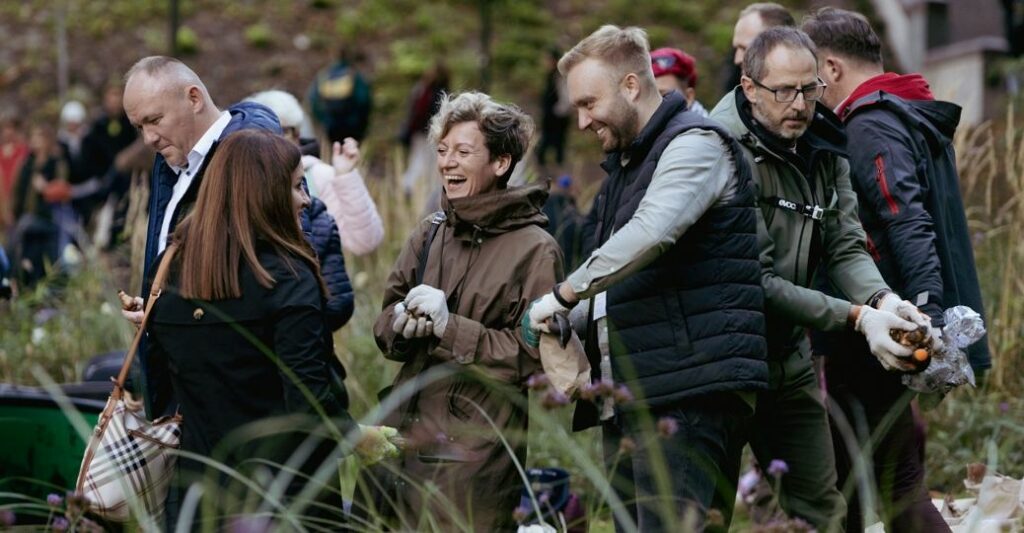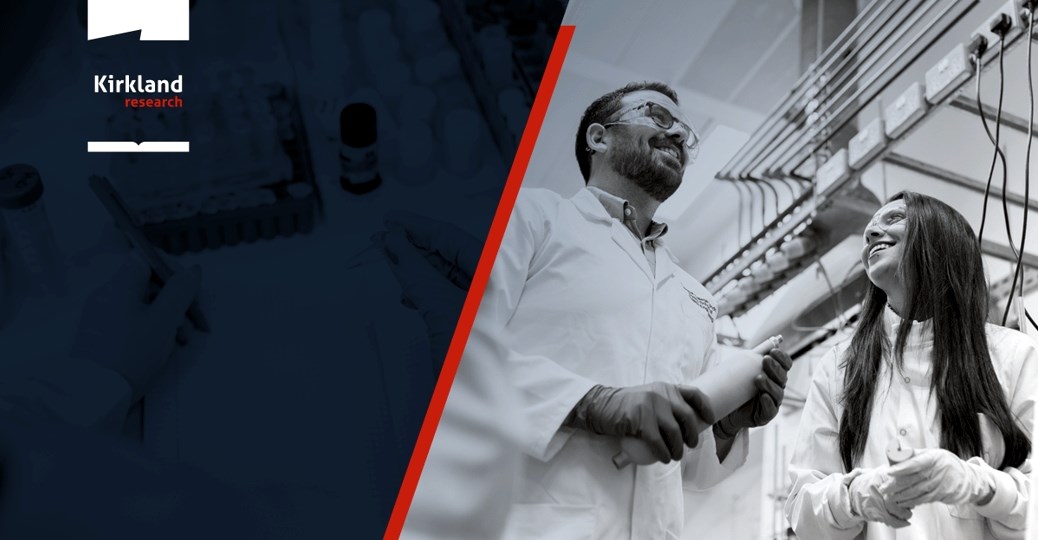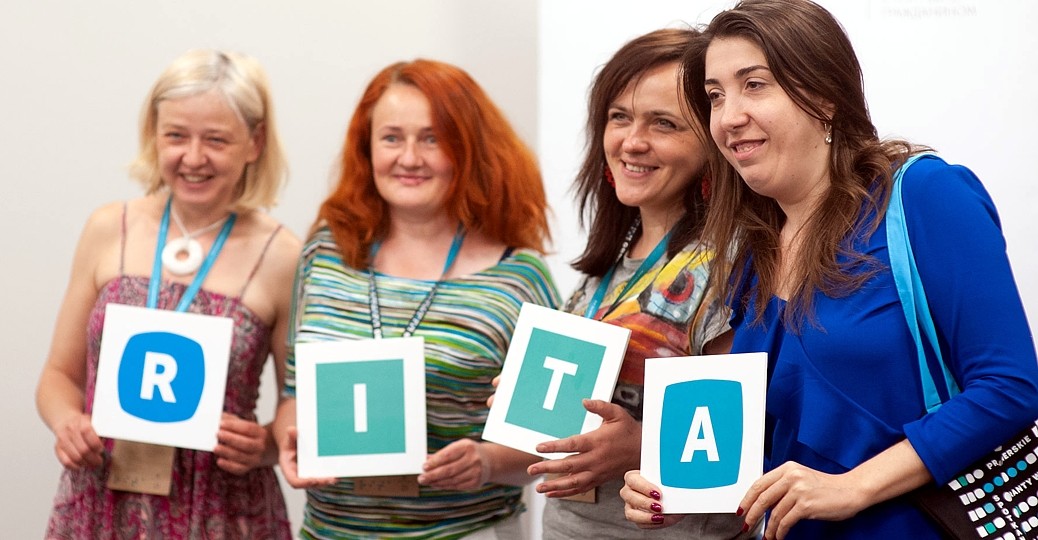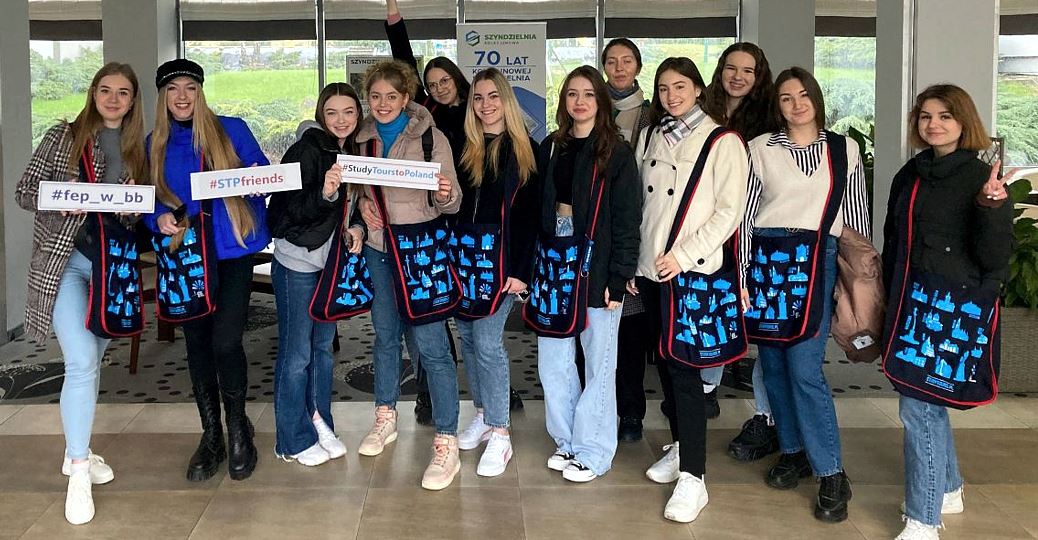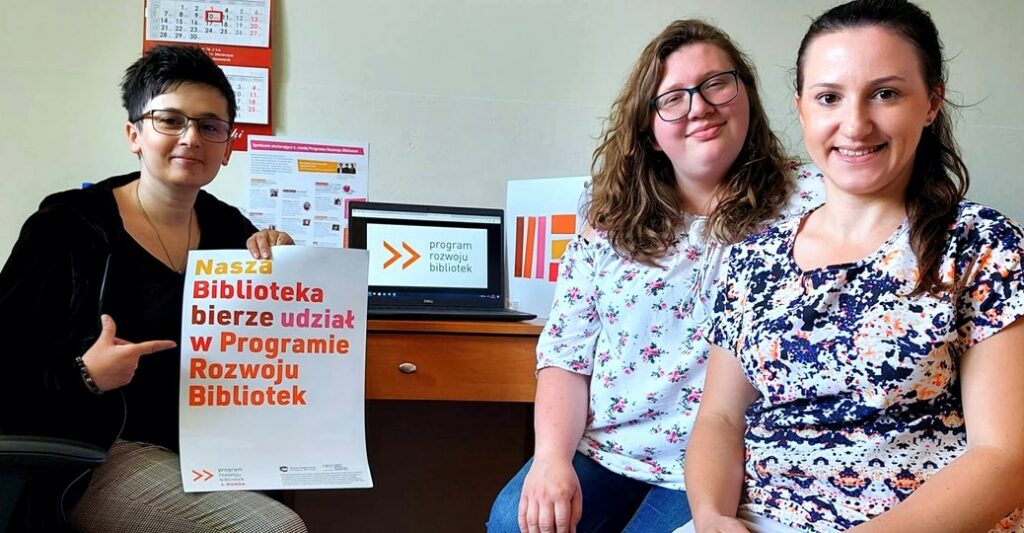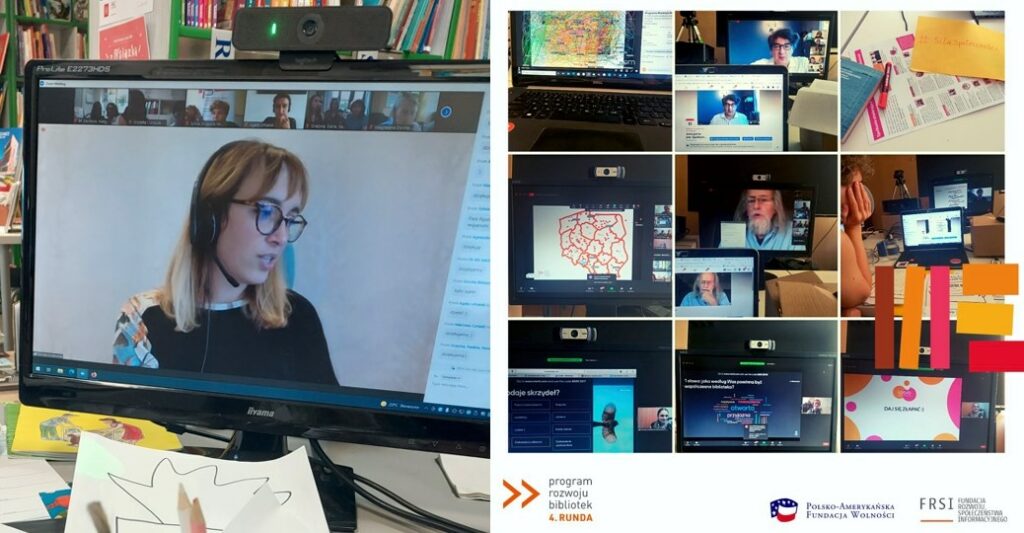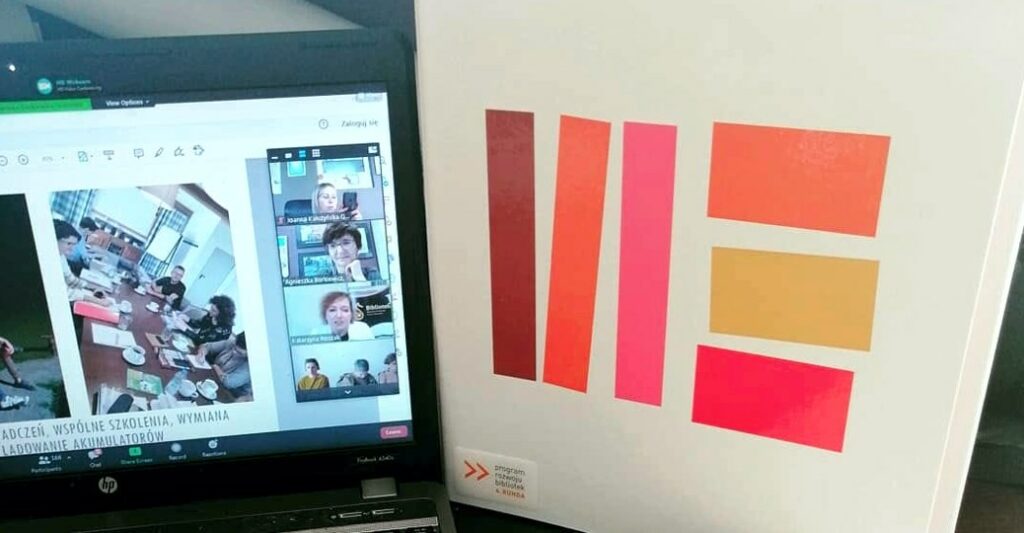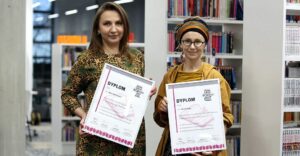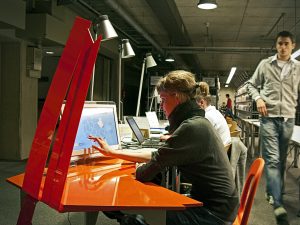On June 10, representatives of libraries met online to inaugurate the 4th round of the Library Development Program. The meeting was held under the “Tomorrow has already come. New challenges for libraries” slogan.
The meeting gave an opportunity to learn experiences of interesting people, have conversations, get inspired and define new challenges faced by almost 250 libraries which had qualified in spring to participate in the program.
The opening lecture titled “The Odys’s Raft. A library on the Paninterna Sea” was given by Prof. Tadeusz Sławek, professor of Polish and English studies, former president of the University of Silesia. Referring to many literary works Professor Sławek told about the fears of the time of pandemic that accumulate on the Internet, and about an important role libraries play in the post-pandemic time.
Next there was a debate titled “What does it mean that tomorrow has already come?” hosted by culture animator, vice-president of the “Na Miejscu” Foundation Magdalena Kubecka and participated by Aleksandra Janus, PhD in anthropology, director of the Digital Center and member of Culture for Climate group; Agnieszka Pajączkowska, a cultural expert, the author of the Mobile Photo Studio project and book; Małgorzata Sobiesiak, director of Municipal Public Library in Przasnysz, and Jarosław Szulski, a teacher and author of books and „!@#$%” young people development project. Based on their own experiences, they discussed the challenges and the role of a library.
Next there were two modules. The first included a presentation of the LABiB Network – the community of librarians sharing their knowledge, skills and experiences. The LABiB Network participants see the potential of libraries and want to develop it so that it meets various local community needs. The second included a presentation of the Initiatives Group whose members are library directors. The Group offers support in library management and solving problems faced by culture institution managers.
Then there was the “Power potion” creative workshop conducted by workshop coordinator and author of education zones of temporary exhibitions on families at Royal Łazienki Museum Anna Zajda, and the “Training in curiosity” workshop on accurate needs diagnosing conducted by Nansen Center for Peace and Dialogue facilitator of dialogue Agata Urbanik.
The ceremony of closing the meeting was at the same time the ceremony of opening the new 4th round of the program. The Polish-American Freedom Foundation Program Director Joanna Lempart told the meeting participants the history of the program and how it influenced the image of libraries which became local activity centers that are friendly to residents. President of the Information Society Development Foundation Jacek Królikowski spoke about the unsure future and forthcoming challenges, and about longing for meeting face to face. He also wished the participants a lot of success in pursuing their goals.
The meeting was moderated by Dorota Kostowska, supported by a team of three members of the Information Society Development Foundation Information Society Development Foundation team composed of Martyna Woropińska, Elżbieta Jankowska, and Joanna Szymańska.
The Library Development Program of the Polish-American Freedom Foundation is managed by the Information Society Development Foundation set up by PAFF in 2008. Over the years 2009-2015 the program was carried out under the broader “Global Libraries” initiative n partnership with the Bill and Melinda Gates Foundation. It covered 3808 libraries in over 1250 communes and municipalities, that is almost 60 percent of all libraries in rural areas and small towns in Poland. Since 2016 the support for libraries is continued under the strategy of enhancing the effects of the main stage of the Library Development Program.
Almost 250 institutions (libraries and their branches) in 79 rural communes and municipalities and about 300 librarians representing them have joined the Library Development Program in its 4th round that is being held in 2021/22. The 4th round offers 20 months of support – training, consultancy, aids and equipment. The offer is divided into several blocks. First the library staff will be invited to prepare the local diagnoses. They will do it under the eye of a specialist. That diagnosis will be the starting point for working out the Library Development Plan. The library staff shall think thoroughly the library’s mission and the scope of its services, and shall design the way of rendering these services, including the ones offered online. The libraries will also receive the equipment that shall allow them participate in the program and later will allow the libraries to offer part of their services in remote or hybrid form.









